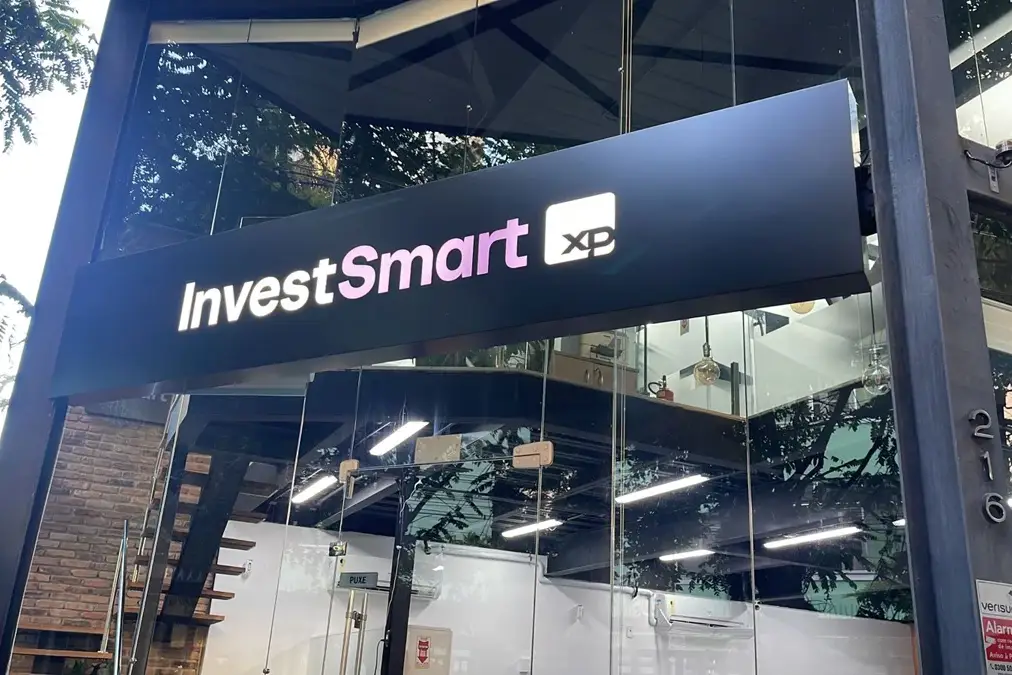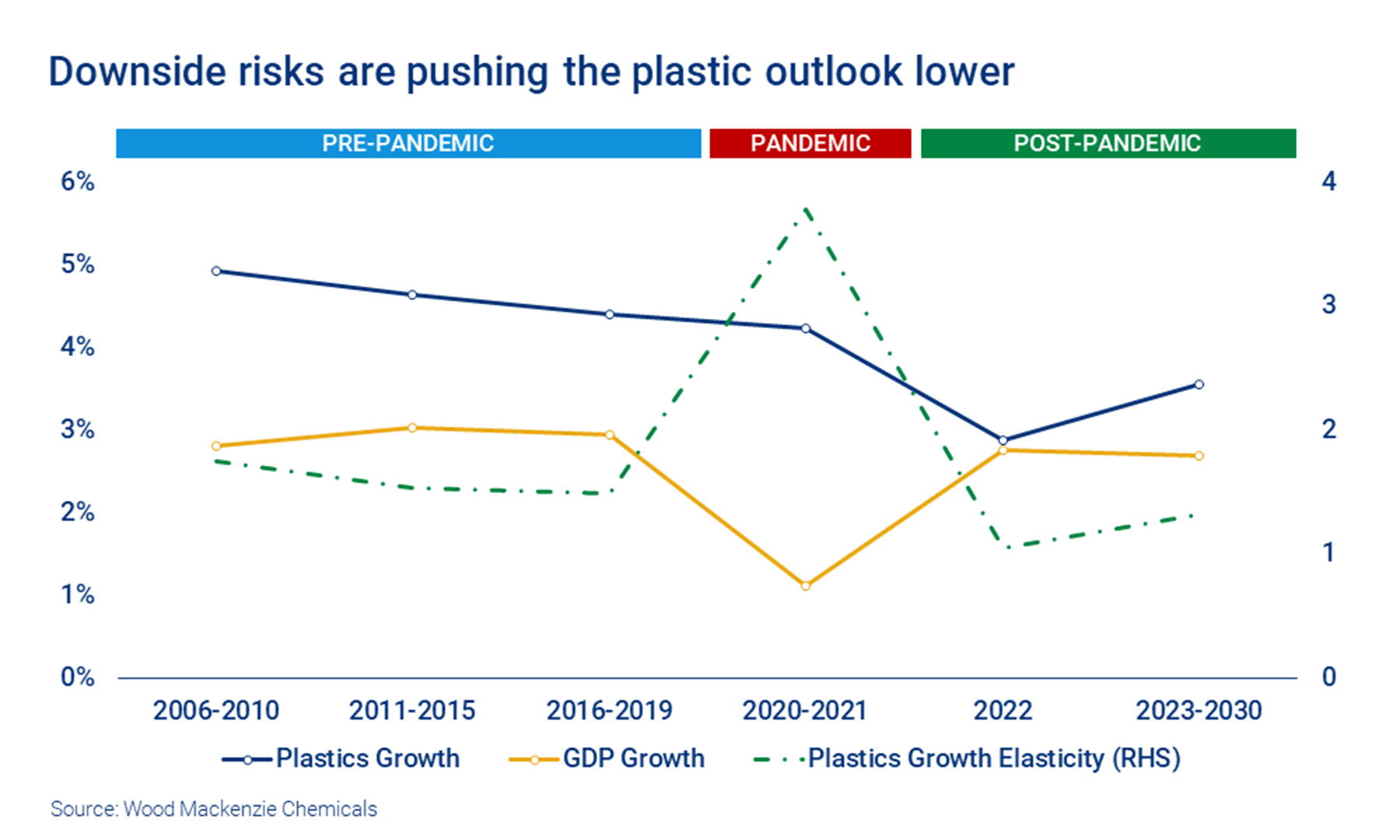Invest Smart: Discover The Country's Newest Business Hubs

Table of Contents
Identifying Key Factors for Emerging Business Hubs
Choosing the right location for investment requires careful consideration. Successful business hubs share common characteristics, making them attractive destinations for businesses and investors alike. Let's examine the key factors:
Strong Infrastructure & Connectivity
A thriving business hub requires reliable infrastructure to support its operations. This isn't just about roads and buildings; it encompasses a broader network vital for efficient business conduct.
- High-speed internet penetration rates: Businesses today rely heavily on fast and reliable internet access. High penetration rates ensure seamless communication and data transfer.
- Proximity to major transportation arteries: Efficient transportation networks—including highways, railways, and airports—are crucial for the smooth movement of goods and people. Reduced transportation costs directly impact business profitability.
- Reliable energy supply: Consistent power supply is non-negotiable. Interruptions can disrupt operations and lead to significant financial losses.
- Modern communication infrastructure: Access to advanced telecommunication services, including robust mobile networks and fiber optic cables, is essential for modern business operations.
Skilled Workforce & Talent Pool
A readily available and skilled workforce is the lifeblood of any successful business hub. The availability of talent directly impacts a region's attractiveness to investors.
- Presence of universities and vocational training centers: A strong educational ecosystem produces a skilled workforce, ensuring businesses have access to the talent they need.
- Unemployment rates and labor force participation: Low unemployment rates and high labor force participation indicate a healthy and productive workforce.
- Availability of specialized skills: Industries often require specialized skills. The presence of a workforce with relevant expertise is crucial for attracting businesses in those specific sectors.
- Attractive compensation packages to retain talent: Competitive salaries and benefits packages are essential for attracting and retaining skilled employees, fostering a stable and productive work environment.
Supportive Government Policies & Incentives
Government support plays a critical role in fostering a favorable business environment. Pro-business policies and incentives can significantly attract investment.
- Tax incentives for new businesses: Tax breaks and reductions can significantly reduce the initial costs for businesses setting up shop in a new location.
- Government grants and funding opportunities: Government grants and funding programs provide financial assistance to businesses, helping them overcome initial hurdles and accelerate growth.
- Streamlined business registration processes: Simple and efficient registration processes reduce bureaucratic obstacles, allowing businesses to focus on their core operations.
- Pro-business regulatory environment: Clear, predictable, and supportive regulations create a stable and predictable environment that encourages investment.
Spotlight on Three Promising New Business Hubs
Based on the factors above, several cities are emerging as promising new business hubs within the country. Here are three examples:
City A: The Tech Innovation Center (Example: Austin, TX)
Austin, Texas, has become a leading tech innovation center, attracting major tech companies and startups alike. Its thriving tech scene is fueled by a robust talent pool from leading universities like UT Austin, a strong venture capital presence, and a supportive government environment. Key industries include software development, artificial intelligence, and fintech.
- Growth: Austin's tech sector has seen exponential growth in recent years, with a significant increase in employment and investment.
- Investment: Venture capital funding in Austin has surged, attracting numerous startups and supporting the growth of existing companies.
- Key Industries: Software development, artificial intelligence (AI), FinTech, and renewable energy.
City B: The Green Energy Powerhouse (Example: Portland, OR)
Portland, Oregon, is rapidly establishing itself as a leader in green energy and sustainable development. Its commitment to renewable energy sources, combined with a strong focus on environmental sustainability, attracts businesses involved in green technology and related sectors.
- Growth: Portland has experienced significant growth in the renewable energy sector, driven by government initiatives and private investment.
- Investment: Significant investment is flowing into the green technology sector in Portland, creating numerous job opportunities and fueling economic expansion.
- Key Industries: Renewable energy (solar, wind), energy efficiency, sustainable building materials, and green technology.
City C: The Logistics and Distribution Hub (Example: Memphis, TN)
Memphis, Tennessee, benefits from its strategic location and robust logistics infrastructure, making it a prime location for distribution centers and supply chain management companies. Its proximity to major transportation arteries and its strong e-commerce presence are key drivers of its growth.
- Growth: Memphis’s logistics sector has seen consistent growth, driven by the expansion of e-commerce and the need for efficient supply chain solutions.
- Investment: Significant investments are being made in infrastructure improvements, further enhancing Memphis's position as a logistics hub.
- Key Industries: Logistics, supply chain management, warehousing, transportation, and e-commerce fulfillment.
Minimizing Investment Risks in Emerging Markets
Investing in emerging markets carries inherent risks. However, these risks can be mitigated with careful planning and due diligence:
- Thorough Due Diligence: Conduct comprehensive research on the chosen business hub, analyzing market trends, economic forecasts, and potential political or environmental risks.
- Diversification: Don't put all your eggs in one basket. Diversify investments across different sectors and geographical locations to reduce overall risk.
- Professional Advice: Seek advice from financial advisors and legal professionals with expertise in emerging markets. They can provide valuable insights and help navigate complex regulatory environments.
Conclusion
Investing in the country's newest business hubs presents significant opportunities for high returns. By carefully considering factors such as infrastructure, workforce, and government policies, and by conducting thorough due diligence, investors can significantly reduce their risk. The cities highlighted above represent just a few examples of the exciting growth potential available. Don't miss out on the chance to invest smart and be a part of the next wave of economic expansion. Start exploring these emerging business hubs today and discover the potential for substantial returns. Research additional promising business hubs to find the best fit for your investment strategy.

Featured Posts
-
 Trump Responds To Indias Offer To Reduce Us Tariffs
May 18, 2025
Trump Responds To Indias Offer To Reduce Us Tariffs
May 18, 2025 -
 Ocean Current Slowdown Impact On Us Coastal Sea Levels
May 18, 2025
Ocean Current Slowdown Impact On Us Coastal Sea Levels
May 18, 2025 -
 Kim Kardashian And Bianca Censori A Joint Effort Against Kanye West
May 18, 2025
Kim Kardashian And Bianca Censori A Joint Effort Against Kanye West
May 18, 2025 -
 Should Investors Worry About Elevated Stock Market Valuations Bof As View
May 18, 2025
Should Investors Worry About Elevated Stock Market Valuations Bof As View
May 18, 2025 -
 A Comprehensive Guide To The Countrys Emerging Business Hot Spots
May 18, 2025
A Comprehensive Guide To The Countrys Emerging Business Hot Spots
May 18, 2025
Latest Posts
-
 Angels Stars Offseason Tragedy Family Health Issues Revealed
May 18, 2025
Angels Stars Offseason Tragedy Family Health Issues Revealed
May 18, 2025 -
 Scho Stalo Prichinoyu Rozstavannya Kanye Vesta Ta Byanki Tsenzori
May 18, 2025
Scho Stalo Prichinoyu Rozstavannya Kanye Vesta Ta Byanki Tsenzori
May 18, 2025 -
 The Cardinals Opener Analyzing The Jansen Pitching Matchup
May 18, 2025
The Cardinals Opener Analyzing The Jansen Pitching Matchup
May 18, 2025 -
 Rozriv Kanye Vesta Ta Byanki Tsenzori Scho Stalosya
May 18, 2025
Rozriv Kanye Vesta Ta Byanki Tsenzori Scho Stalosya
May 18, 2025 -
 Angels Defeat White Sox 1 0 Moncada And Soriano Shine
May 18, 2025
Angels Defeat White Sox 1 0 Moncada And Soriano Shine
May 18, 2025
